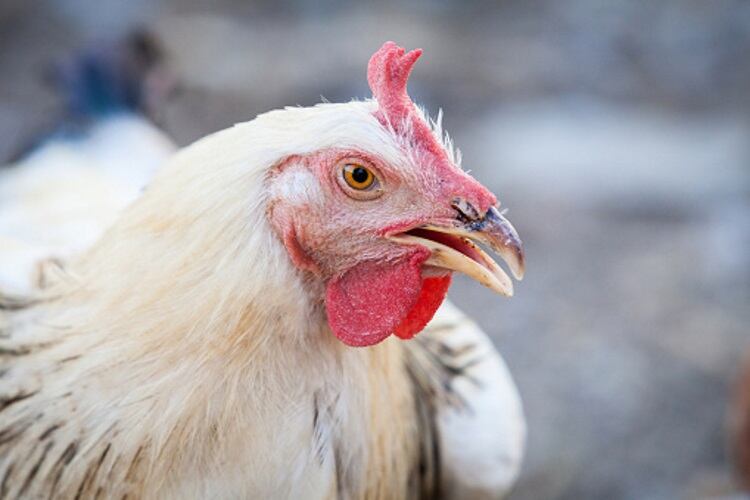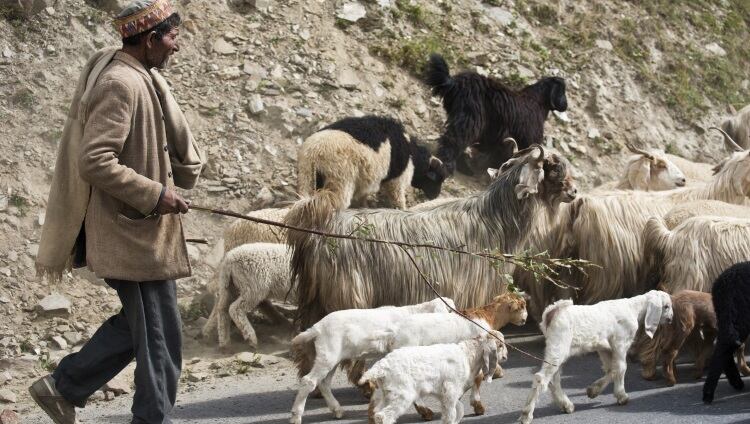It plans to stage a food safety audit of meat processing units, slaughterhouses, distribution and retail businesses within the next three months across 40 cities.
Furthermore, the agency is staging 50 training sessions for meat handlers across India by December. The FSSAI added that, working with other government agencies, such as the Bureau of Indian Standards, it was considering upgrading formal animal feed standards, as well as financial schemes offering small meat businesses government support to improve their hygiene practices.
There is a “lack of trust in consumers on the quality and safety of meat and meat products available to them”, said a note from the government agency.
The FSSAI warned that India’s growing population (now 1.35 billion) and rising incomes (average income per head US$1,820 in 2017 – World Bank) has led to an unprecedented increase in the demand for animal proteins. These are varied, with Indian consumers mostly eating fish, buffalo meat, mutton, goat, poultry and (for non-Muslims) pigmeat. This, said the FSSAI, has created food safety challenges not associated with vegetables, such as the use of “antimicrobials in feed and compromised hygiene practices at slaughterhouses and retail markets”.
For example, Rubina Shaheen, FSSAI food safety management systems director, told GlobalMeatNews that consumer demand could impede progress – much poultry is still slaughtered at retail outlets, because customers insist on knowing the correct religious rituals are followed.
However, slaughtering in shops is inherently unhygienic, said Shaheen. She would prefer the creation of small slaughtering units behind groups of shops, that are “mechanised and maintain cleanliness”, she said. “We also need to educate consumers that if the shops certify that slaughtering is conducted as per the ritual, then there is no need [to watch the live slaughter].”
To develop a strategy for the new initiative, on 31 August, FSSAI organised a meeting with government agencies and large private companies, including Godrej Tyson Foods, Godrej Agrovet, Venky’s, AOV Agro Foods, Allanasons, Grofers, Licious and the Suguna Poultry Farm.
Dr Sahaya Pratap Fonglan, general manager of AOV Exports, told GlobalMeatNews that FSSAI training could promote the use of gloves and disinfectants and protecting meat retail shops with fly nets. “Hygiene and maintaining safe food is a continuously evolving process,” he said.
“A tropical climate, inadequate cold chain, insufficient abattoir infrastructure and hygiene practices are the perennial issues facing this sector,” said Rajesh Kumaramenon, vice president - quality and food safety at Licious, a meat retail chain. “Traceability to the farm and/or animal is another issue where there is a little or no visibility,” he told GlobalMeatNews.



